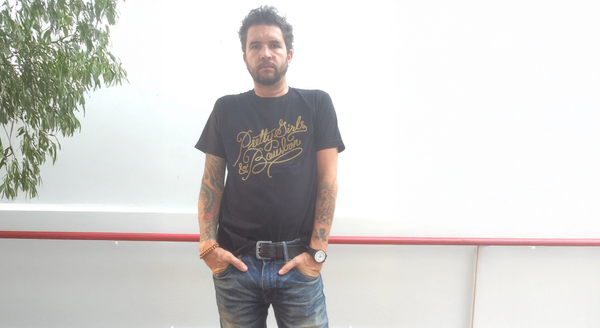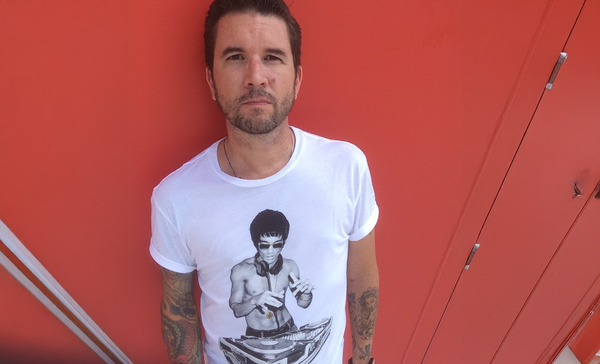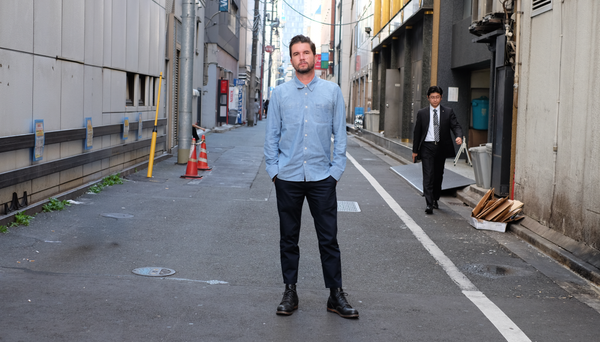Artificial Intelligence Gave Us Answers. Applied Intelligence Tells Us Which Ones Matter.
In a world flooded with outputs, the thing that matters is knowing what’s worth acting on.

It used to be that your edge in the workplace was what you knew. Technical fluency. A toolkit. A methodology. The ability to execute faster than the next person. But something fundamental has shifted. Quickly.
Now, anyone with a Wi-Fi connection and a ChatGPT window can spin up a business model, write a marketing plan, design a customer journey, and even code the landing page that delivers it. What used to be a professional moat is now a browser extension.
The tools are smarter than ever. But trust is down. Alignment is off. Because it’s not about generating more. It’s about knowing what to act on.
Because while the tools are smarter, the decisions aren’t.
And this is the quiet irony of our current moment: as AI becomes ubiquitous, the real scarcity isn’t technical skill. It’s discernment.
Field Notes on The Epilogue Economy™ is a reader-supported publication. To receive new posts and support my work, consider becoming a free or paid subscriber.
The Epilogue Economy Meets AI
I call this shift the Epilogue Economy - the cultural and commercial awakening to the value of older knowledge workers, not as legacy holdouts, but as assets in an era that desperately needs them.
For decades, we were told to “disrupt or die,” to prioritize fresh thinking, youthful energy, and early adoption. Silicon Valley built a religion around it. But what happens when fresh thinking becomes abundant? When disruption becomes default?
You need someone who’s lived through it before. Someone who’s seen these revolutionary ideas fail in three different decades and knows the difference between a breakthrough and déjà vu. Someone who doesn’t just know how to use AI – Artificial Intelligence, but knows when not to.
Reframing the Term: AI = Applied Intelligence
Artificial Intelligence is a clever name for the technologies we’ve built. But maybe it’s time to redefine the acronym.
The real edge in this new economy isn’t Artificial Intelligence. It’s Applied Intelligence.
Applied Intelligence is the capacity to guide tools with context. To frame problems before solving them. To sense where a team is stuck, not because the data says so, but because the room feels like it.
It’s not artificial. It’s lived. It’s earned.
And that kind of intelligence is often found in the people companies have quietly nudged out: professionals in their 50s and 60s who no longer fit the culture deck, but who understand the actual business better than anyone left in the room.
Scar Tissue as Strategy
In the Epilogue Economy, we recognize that wisdom doesn’t come from headlines. It comes from scar tissue. From the client you lost. The product that flopped. The quarter that tanked. The reinvention that finally stuck.
These experiences don’t show up on resumes. But they live in posture, in pattern recognition, in that subtle pause before someone says, “This feels familiar. Let’s slow down.”
AI can generate. It can simulate. But it cannot remember.
It has no scar tissue. And right now, that’s what’s missing from too many leadership rooms.
The Return of Judgment
The business world has quietly discovered that all the AI in the world can’t tell you which customer to listen to. Or which market signal to follow. Or which of your ten perfectly-generated options is actually worth pursuing.
That’s not an engineering problem. That’s a judgment call.
And judgment doesn’t scale. It accrues over time, over failure, over seasons of success followed by seasons of reckoning. This is what makes older professionals not just relevant, but essential.
Because when anyone can build, the only thing that matters is knowing what to build.
Bring Experience Back into the Room
Over the past decade, many organizations quietly let go of their most experienced people. It was rarely personal. It was budget lines, reorgs, new leadership, and new language. The rationale was always the same: cost, agility, transformation. The future needed to move faster, and experience and, well, experience could be slow.
But dig a little deeper, and the story gets more complicated.
These weren’t people who couldn’t adapt. Many had already lived through five eras of transformation. What they couldn’t do, or wouldn’t, was follow the script. They questioned the new orthodoxy. They brought up past failures at precisely the wrong moment. They made things… harder to sell internally. Not because they were wrong, but because they remembered.
That memory, once a virtue, had become inconvenient.
And yes, they were expensive, at least on paper. But here’s the thing: the cost of keeping them was visible. It showed up in HR models, in headcount justifications, in performance reviews. But the cost of losing them was invisible until it wasn’t.
Until a product is launched too soon, or into the wrong market. Until a well-designed initiative flopped for a reason no one under 40 could quite explain. Until everyone could build the future but no one could remember a past.
This is the hidden tax of forgetting.
What We Lost When We Let Experience Go
Experience doesn’t just slow things down. It grounds them. And while it may seem expensive in the moment, it’s often the only thing standing between a brilliant idea and a predictable mistake.
We often discuss the cost of senior talent. Perhaps it’s time we discuss the cost of its absence. But today, those are the very voices we need. Not to resist change, but to guide it.
We don’t just need more output.
We need people who can apply intelligence, not just prompt it.

Let’s Talk About What Applied Intelligence Looks Like For You
If this article resonates, chances are you’re already sensing the shift. The tools aren’t the problem. It’s the choices. The calibration. The context.
That’s where we come in.
At RockPaperScissors, we work with leadership teams, brands, and agency partners to bring Applied Intelligence into the room, not just to adopt AI, but to aim it wisely. To shape a better strategy, make sharper calls, and reconnect to what matters.
Because when experience and AI work together, it’s not just smarter. It’s more human. More grounded. More effective.



